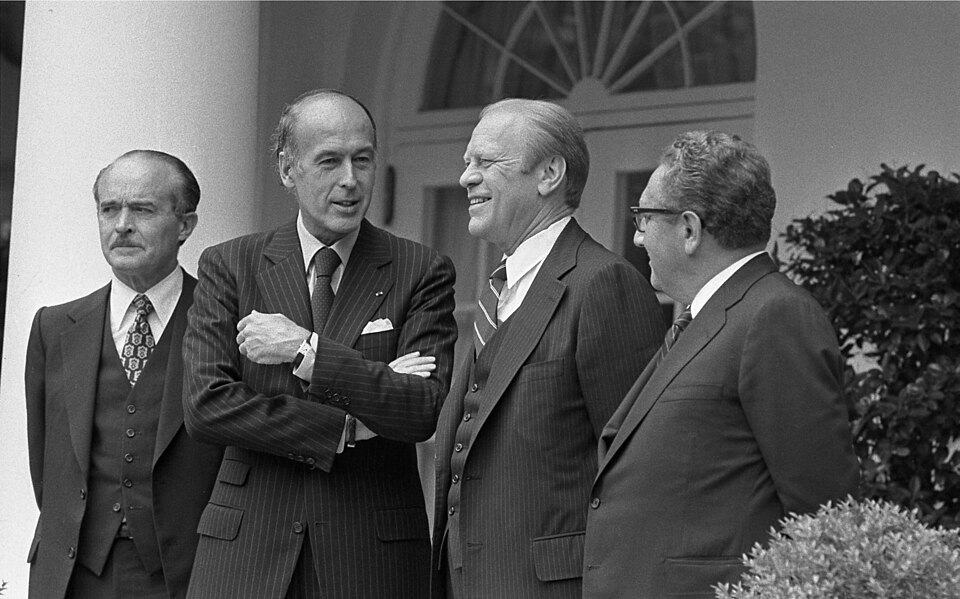The rise in the price of oil since 2004 has once again placed energy problems at the centre of thinking on the European project. Europe, which is dependent on imported energy for about 50% of its requirements, must face the problem and work out a new energy policy. The publication of a green paper on energy by the European Commission on 8 March 2006 provides a good opportunity to launch these new ideas. Europe must, as a priority, diversify its supplies, limit its requirements, boost its investments in research or refining, and put in place the systems to respond to future energy crises. If nothing is done, other players, like the United States or China, will impose their energy choices on Europe.
Europe–favoured territory for the energy giants
With the merger of GDF/Suez, competing offers from the German firm E.On and the Spanish company Gas Natural for Endesa, rumours of a takeover bid by the Italian ENI or the British BP for the Spanish oil company Repsol, and the rejection of the Russian firm Gazprom’s attempt to buy into the British Centrica, at the beginning of 2006 the Great Game of mergers and acquisitions seems to be well under way. Other announcements could affect these moves towards concentration in the coming months, as suggested by the Italian firm Enel’s manoeuvres in response to the fusion of Suez and Gaz de France, or the rumours of Gazprom’s possible arrival in Belgium at the Zeebrugge gas terminal; a possibility seen today as a blatant provocation in view of the need for security of supply in the European market.
Energy is also at the core of the current European political scene, with the publication on 8 March 2006 of the new European Commission green paper on the subject, following the 2000 edition. Recent Polish proposals for the creation of a ‘NATO for energy’ to cope with possible Russian energy sanctions, Russia’s placing of energy as the top priority for its G8 presidency and the emergence of energy as a major area of concern for the NATO summit in Riga on 28 and 29 November 2006, have only added to an already charged scene.
In view of tensions over energy costs and over the geopolitical, economic and social uncertainties present in many producer countries, one may wonder if this European energy activism will end up in the long term influencing major worldwide economic and strategic developments.
Il reste 88 % de l'article à lire




_astronaut_Sophie_Adenot_(jsc2025e058846_alt).jpg)



